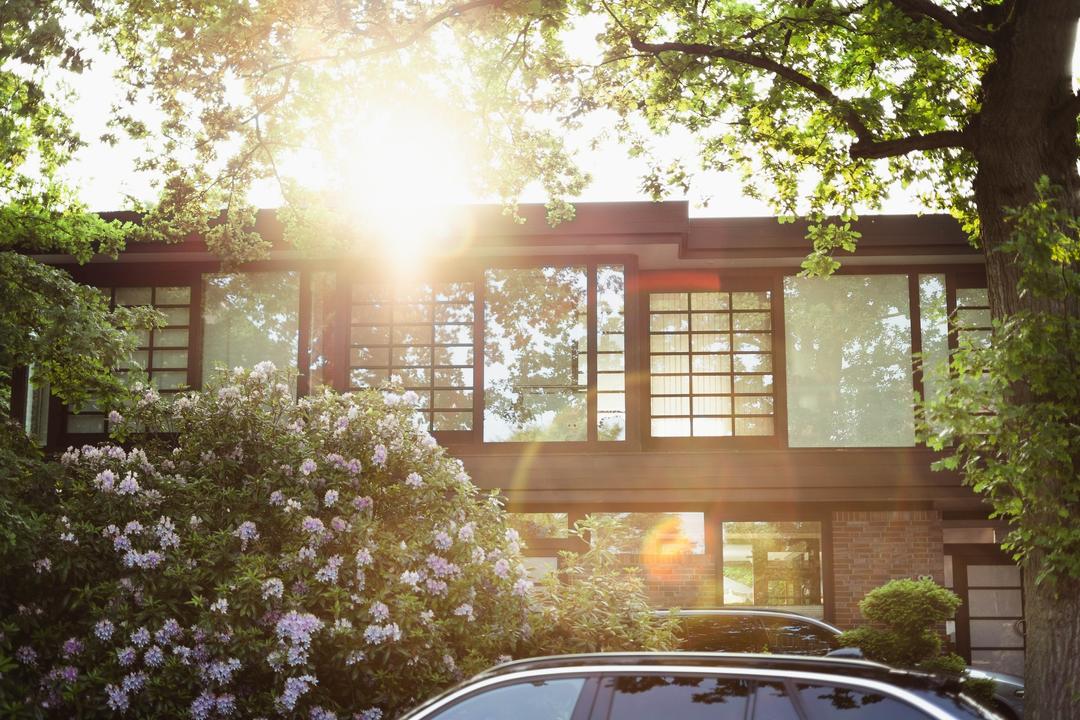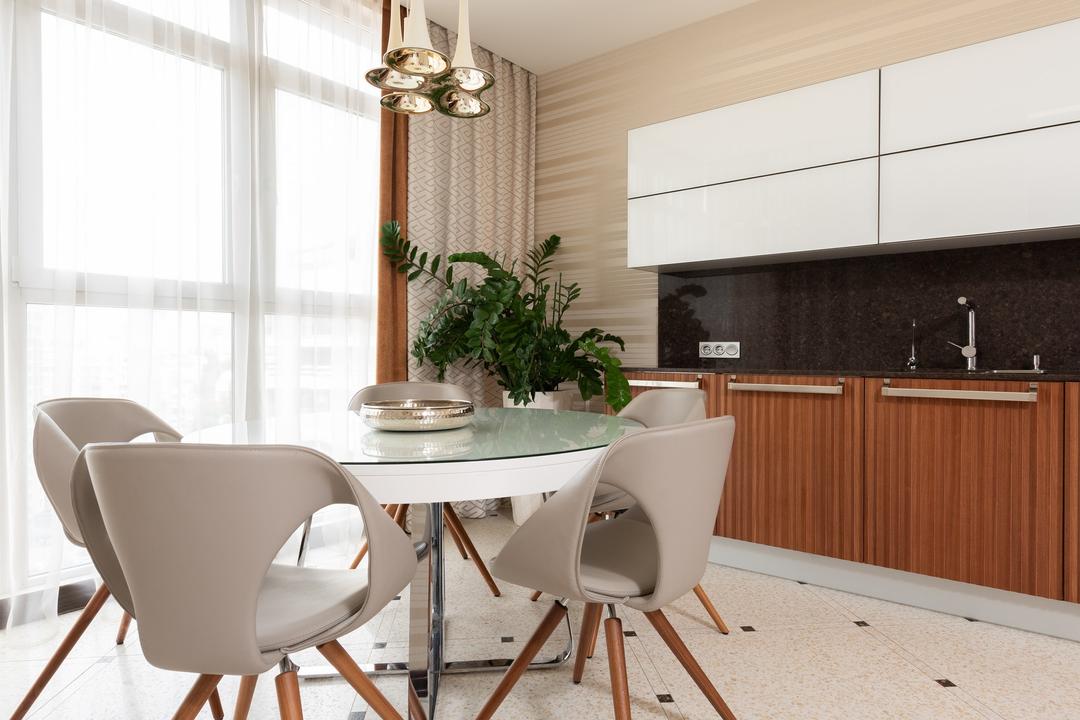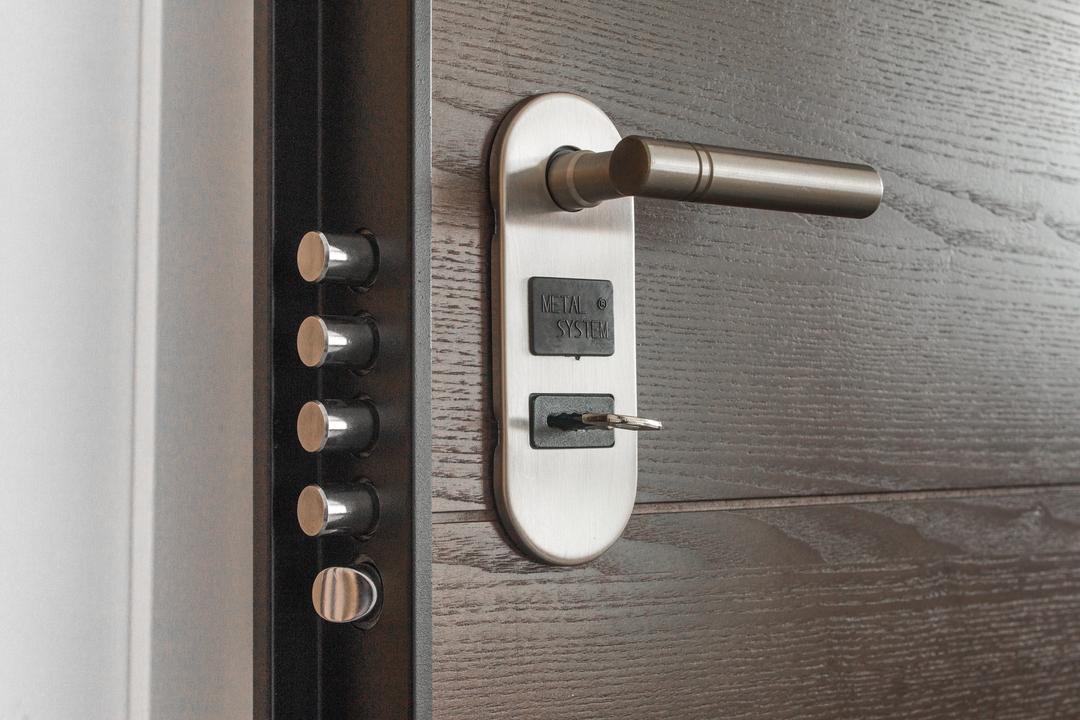Everyone aims to secure the most affordable home insurance premium without compromising coverage. However, the factors influencing insurance costs are often unclear.
Do you know what those factors are? In this article we’ll discover eight key factors that affect your insurance premium.
What is a home insurance premium?
An insurance premium is the fee charged by an insurance company in exchange for specific coverage. It represents the cost of the insurance policy you purchase.
Insurers calculate this cost based on the level of risk you present, considering factors such as the likelihood of claims due to theft, fire, vandalism, or other perils. The higher the assessed risk, the higher your insurance premium will typically be.
How are insurance premium calculated?
Home insurance premiums are determined by several factors, as discussed later in this article.
In addition to these factors, your provider charges a rate for each unit of insurance. This rate is then multiplied by the number of units insured to calculate your premium. For instance:
If your insurer charges $1.20 per unit of personal property coverage, where one unit equals $100 of coverage for one year.
You insure your furniture for $45,000, which equates to 450 units.
Then your premium would be calculated as follows: 1.20 x 450 units = $540.
Therefore, your home insurance premium would be $540 per year.

What is the average cost of home insurance in Quebec?
Ratehub.ca reports that the average annual cost of home insurance in Quebec is approximately $1,600, with estimates from 2019 indicating a cost around $984.
Insurance premiums have increased alongside inflation and heightened property risks due to factors like climate change.
It's important to recognize that insurance costs can vary significantly based on individual circumstances and among different insurance providers.
What factors influence the price of your premium?
There are eight criteria that are key factors that significantly influence both your risk assessment and the cost of your home insurance. Let’s see what they are.
1. The characteristics of your home
The characteristics of your home significantly impact the cost of your home insurance premium, as your home is central to your insurance needs. Insurance companies assess various aspects to gauge the level of risk:
- The age of your home
- The size and number of units (if applicable)
- The construction materials (wood, aluminum, concrete, brick, etc.)
- The heating system (electricity, gas, oil) and any backup systems (wood-burning fireplace, etc.)
- The cost to rebuild the home in case of a total loss
- The presence of a business in the building (if applicable).
It's important to note that the reconstruction cost considered by insurers excludes the value of the land. Therefore, the insurance value for reconstruction won't necessarily match the mortgage value, as mortgages include the land price.

2. The location of your home
The location of your home is a crucial factor that can significantly impact the price of your insurance premium. Whether your home is in an urban or rural area, in a residential or commercial neighbourhood, and whether it's in a newer or older development all play a role in determining your premium.
Homes in rural areas may face higher premiums due to their distance from fire protection services and greater isolation. Similarly, proximity to high-risk areas such as gas stations or bodies of water can increase insurance costs.
Additionally, the reputation of your neighbourhood matters. Areas with higher crime rates or a history of frequent insurance claims by homeowners may result in higher premiums.
In summary, the cost of your home insurance premium can vary widely depending on the specific location and characteristics of your home's surroundings.
3. The amount of your deductible
The deductible, which is the amount you agree to pay out of pocket when making an insurance claim, has a direct impact on your home insurance premium. For instance, if your deductible is $500 and you file a claim for $2,000, you would pay $500 and receive $1,500 from your insurer.
Typically ranging from $300 to $1,000, home insurance deductibles are chosen based on your financial capability. Opting for a lower deductible means higher premiums, as the insurance company assumes more financial risk.

4. Your level of home insurance coverage
Obviously, your choice of home insurance coverage significantly impacts the premium you pay. Opting for comprehensive all-risk coverage rather than a basic plan will increase your premium. Similarly, adding endorsements (additional coverage) to your policy will also raise costs.
Ultimately, the level of protection you select should align with your needs and budget. It's essential to find a balance: avoid paying for unnecessary coverage while ensuring you have adequate protection. Finding the right coverage tailored to your specific circumstances is key to optimizing your insurance costs.
5. Existing fire protection and security systems
Your insurer evaluates the risk level of your home based on the fire protection and security systems in place. This assessment includes factors such as:
- Proximity to the nearest fire hydrant
- Distance from your home to the nearest fire station
- Presence of sprinkler systems, remote surveillance cameras, and other security measures
Homes equipped with robust security features and located closer to fire protection services often qualify for insurance premium discounts due to reduced risk factors.
6. The value of your insured property
The cost of your home insurance premium is also influenced by the value of the property you insure, including your possessions.
To determine the total value of your belongings accurately, you can use a form to make sure that nothing is overlooked. Creating a comprehensive inventory of your possessions not only helps in selecting appropriate coverage but also streamlines the claims process if necessary.

7. Your credit rating
Surprisingly, your credit history can influence your home insurance premium. Insurers often use this information to assess the risk you represent.
Individuals with a poor credit record due to late payments, accumulated debts, or other factors are typically viewed as higher risk by insurers.
In Quebec, insurers must obtain your consent before accessing your credit file. You are not obligated to grant access, but declining may result in a higher premium. The refusal to grant access cannot lead to a refusal of insurance, but it could affect the cost.
8. Your claim history
Your insurance premium is influenced by your claim history, which includes the frequency, type, and value of past claims you've made. Insurers assess higher risk for individuals with a history of numerous or costly claims, resulting in higher premiums.

How can you reduce your home insurance premium?
Given the factors influencing your home insurance premium, here are strategies to potentially lower costs without compromising your coverage:
- Choose essential coverage only, avoiding unnecessary additions.
- Regularly maintain your home to prevent deterioration.
- Install a security system to enhance protection.
- Bundle your policies with an insurer to qualify for discounts.
Are you looking for a home insurance policy?
XpertSource.com can help you find the home insurance that fits you. When you tell us about your project, we put you in touch with qualified resources for free. Simply fill out our form ( it only takes a few minutes ) and we will connect you with professionals.

